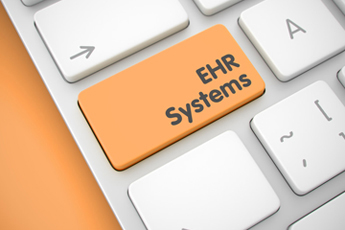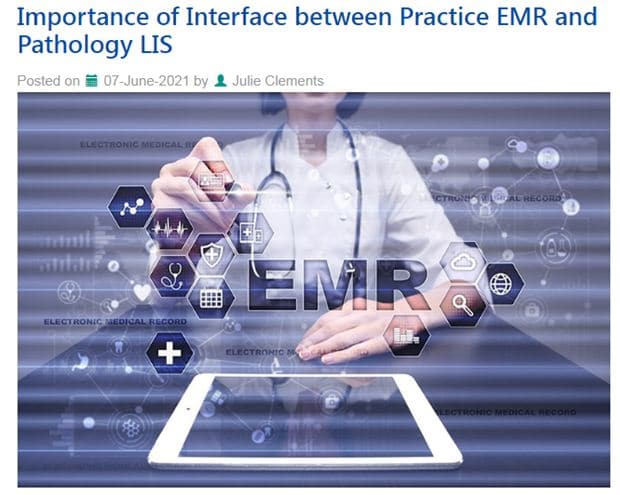 Though we have discussed the several advantages of EHRs in hospitals as well as at medical transcription companies, they have also created new risks and frustrations for doctors and patients. According to a report from the Doctors Company, malpractice claims for errors caused by electronic health records have risen significantly. The study proves that there are always unanticipated consequences when new technologies are rapidly adopted and the EHR is no exception. Currently, 80% physician office practices and 90% hospitals have adopted electronic health records (EHRs) to help optimize productivity, workflow, and communication.
Though we have discussed the several advantages of EHRs in hospitals as well as at medical transcription companies, they have also created new risks and frustrations for doctors and patients. According to a report from the Doctors Company, malpractice claims for errors caused by electronic health records have risen significantly. The study proves that there are always unanticipated consequences when new technologies are rapidly adopted and the EHR is no exception. Currently, 80% physician office practices and 90% hospitals have adopted electronic health records (EHRs) to help optimize productivity, workflow, and communication.
The second study of its kind by the Doctors Company, this new study of 66 EHR-related claims from July 2014 through December 2016 has found that
- 50% of these claims were caused by system factors such as failure of drug or clinical decision support alerts, and
- 58% of claims were caused by user factors such as copying and pasting progress notes
While the company’s first study from 2007 through 2010 has reported just two claims in which EHRs were a factor, from 2011 through December 2016, the number skyrocketed to 161. Comparing both the researches, it was noted –
- 8% increase in system factors (technology and design issues, lack of integration of hospital EHR systems, and failure or lack of alerts and alarms) that contributed to claims
- 6% decrease in user factors (copy-and-paste errors, data entry errors, and alert fatigue)
- Hospital clinics/doctors’ offices remain the top location for EHR-related claim events, while these events are also occurring in patient rooms, ambulatory/day surgery centers, labor and delivery, and emergency rooms
- While internal medicine, hospital medicine, family medicine and nursing and cardiology showed marked decreases among specialties involved in claims, orthopedics, emergency medicine, and obstetrics/gynecology showed increases
The study also highlighted a series of risk mitigation strategies that physicians and clinicians can employ to help avoid malpractice claims, reduce the chance of errors and improve patient safety.
- Make sure to review all data and information is available before treating a patient
- Avoid copy and paste, except when the patient’s past medical history is described
- Never disable or override any alerts in the EHR, instead discuss them with your firm’s IT department. Following alerts would help prevent adverse events.

- Adhere to any alerts within the e-prescribing module of the EHR and document the actions taken
- Let the IT department know about the autopopulation feature that causes erroneous data to be recorded. Record the incorrect details and document the correct ones.
- Record the time of the interaction in the notes written after a patient interaction, thus avoiding any suggestion of inaccurate or false information.
- Assign specific staff in the practice to use the EHR tracking function to ensure that consults and tests are completed, returned, and communicated to the patient.
- Be alert about cyber security and never allow staff to use the physician’s password to review, update, or sign off on lab and imaging results.
As EHR-related malpractice claims are rising, following such risk-mitigation strategies is more important for healthcare settings than ever before. If you are considering outsourcing medical transcription, make sure to choose an EHR-integrated service with relevant experience in the industry.


